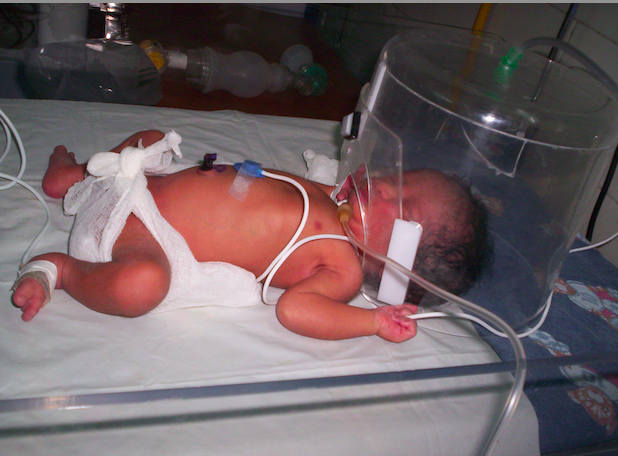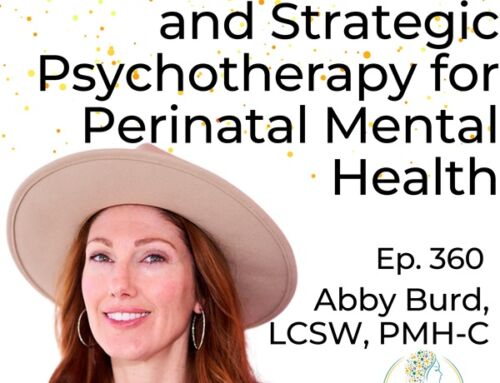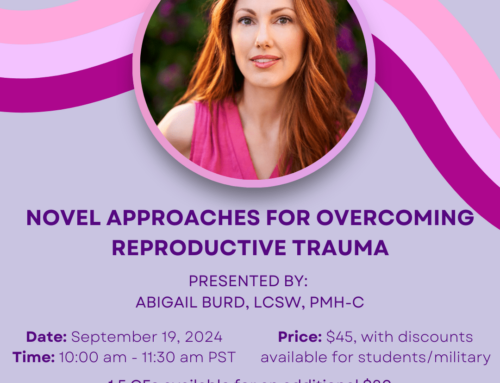Thanks to my association with the Postpartum Health Alliance, I recently attended a lecture by Dr. Krishelle Marc-Aurele, of UC San Diego/Rady Children’s Neonatology Division, on “Coping with the NICU experience.” Dr. Marc-Aurele is board certified in pediatrics, internal medicine, neonatalogy, and palliative medicine. She has been a Medical Director at San Diego Hospice and neonatal attending at UCSD. She is also a lovely human being who conveys a genuine caring for her patients, a deep understanding of very difficult times, and a sincere desire for families to overcome the trauma of the NICU experience.
Her talk covered birth stress and birth trauma for parents who have had experiences in the neonatal intensive care unit. I was surprised to learn how prevalent birth trauma can be, which she states affects up to 20-30% to parents. 14% of all babies will spend time in the NICU. Post traumatic stress from birth trauma can be diagnosed in at least 2% of all births, and postpartum depression has a prevalence of 15% (or 1 in 7.)
No parents wants to see their child suffer. NICU parents often feel despair, frustration, guilt, loss of control, alienation… Fathers often struggle with the loss of control and mothers often have guilt over the irrational belief that it is their fault. Even when the baby survives, the anticipated bonding–cuddling, holding and nursing a baby–is completely disrupted.
Dr. Marc-Aurele tells parents, “This is not your fault.” She encourages partners to reiterate, “This is not your fault.”
Postpartum depression and post traumatic stress unfortunately creates further disadvantages for infants. Fortunately, psychotherapy is often helpful. Specifically, Dr. Marc-Aurele sees NICU parents improve with psychoeducation, cognitive behavioral therapy, muscle relaxation and narrative approaches.
Want to know more about how to overcome the trauma of the NICU experience?
- Take a brief quiz to screen for postpartum depression.
- Call for a free phone consultation –> 619-289-7818.
- Read more: Mothers’ Response to Psychological Birth Trauma: A Qualitative Study (2013) by Ziba Taghizadeh, Alireza Irajpour, and Mohammad Arbabi.







What are your thoughts?